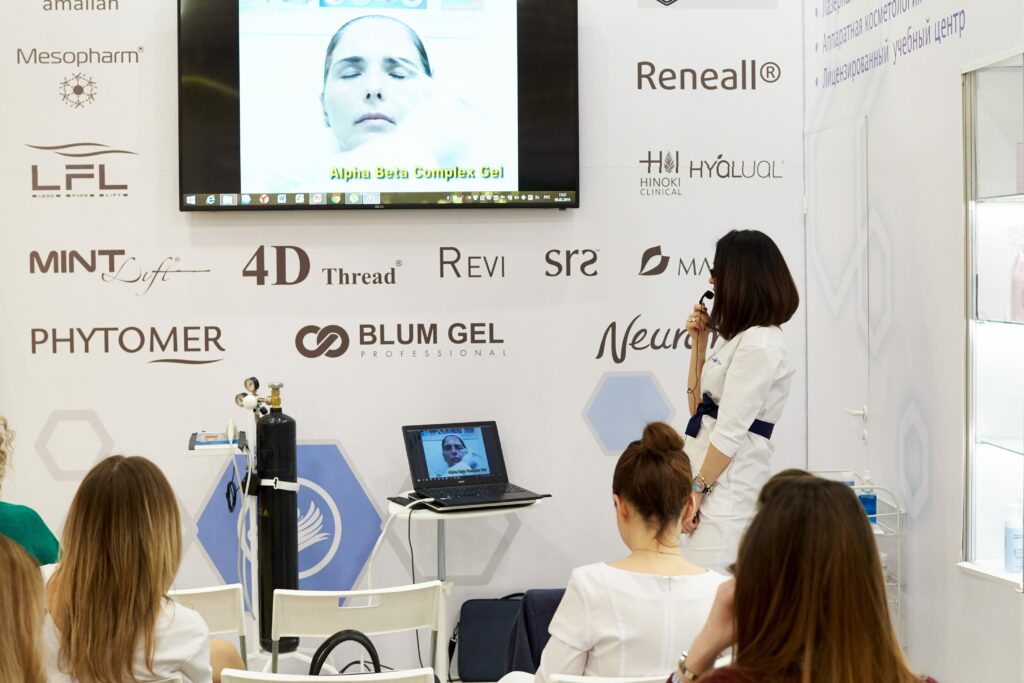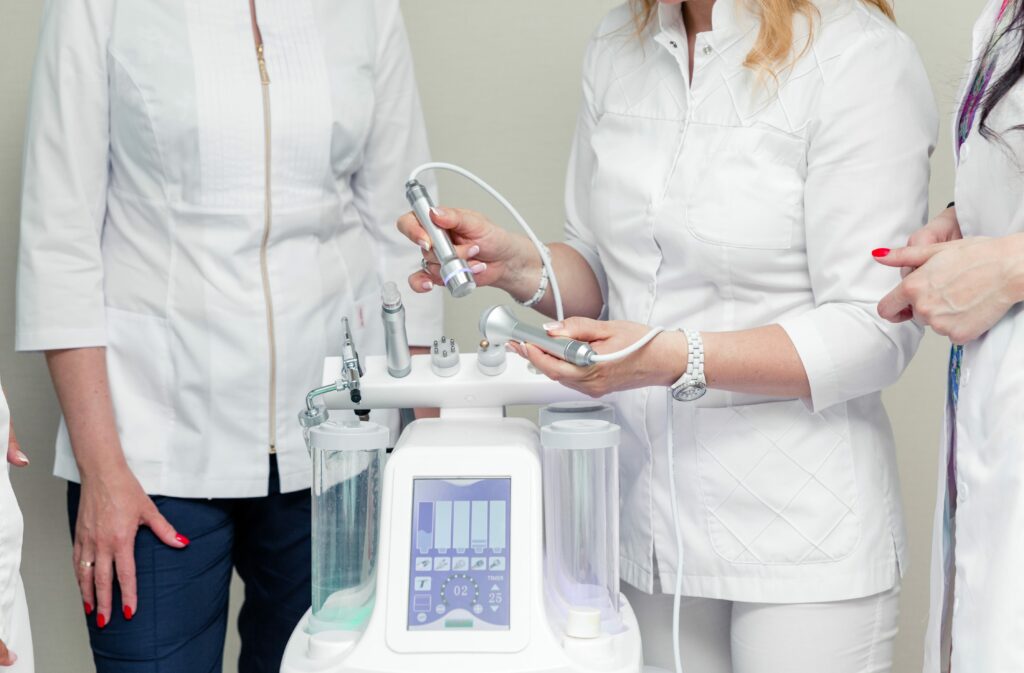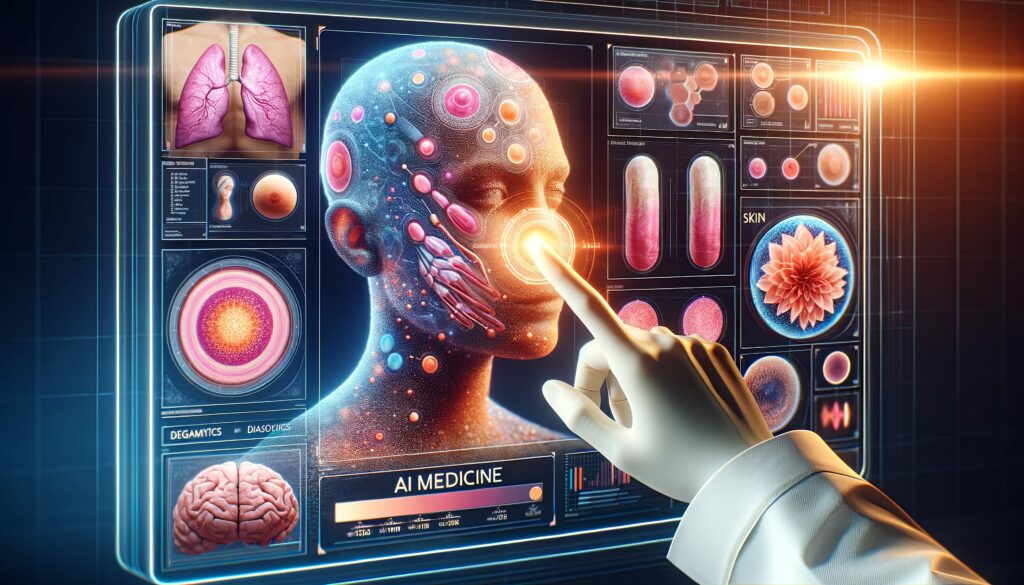Continuous learning in dermatology leads to improvements in patient care and treatment outcomes, driven by the latest research and technological advancements.
Continuous learning is an essential aspect of medical practice, particularly in the field of dermatology, where new treatments, technologies, and research findings are constantly emerging.
Adopting a mindset of lifelong education can enhance patient care, improve treatment outcomes, and ensure dermatologists stay at the forefront of their specialty.
Enhancing Patient Care Through Continuous Education

Ongoing education allows dermatologists to stay updated with the latest advancements in dermatological research and treatments. New findings in skin cancer treatments, advancements in laser technology, and the latest in cosmetic procedures require practitioners to continuously refine their knowledge and skills. By staying informed, dermatologists can offer patients the most current and effective treatment options available.
For instance, recent studies have shown that targeted therapies for melanoma have significantly improved survival rates. Dermatologists who are knowledgeable about these treatments can provide better care and more accurate prognoses for their patients^1. Additionally, continuous learning helps dermatologists to better understand rare skin conditions and unusual presentations of common diseases, leading to more accurate diagnoses and personalized treatment plans.
Improving Treatment Outcomes

Continuous learning directly impacts the quality of care that dermatologists provide, leading to better patient outcomes. Regular participation in professional development activities such as workshops, seminars, and conferences allows dermatologists to acquire new skills and techniques that can be immediately applied in clinical practice.
For example, advancements in dermatoscopy and non-invasive imaging techniques have revolutionized the early detection of skin cancers. Dermatologists trained in these techniques can identify malignancies earlier, leading to timely and more effective interventions^2. This proactive approach not only improves patient survival rates but also enhances the overall quality of life for patients undergoing treatment.
Keeping Pace with Technological Advancements

The rapid pace of technological advancement in dermatology necessitates continuous learning. Technologies such as artificial intelligence (AI) and machine learning are being integrated into dermatological practice, aiding in the diagnosis and management of skin conditions. Dermatologists who engage in continuous learning are better equipped to leverage these technologies, improving diagnostic accuracy and treatment efficiency.
For instance, AI-powered diagnostic tools can analyze skin images and identify potential malignancies with high accuracy. Dermatologists who are proficient in using these tools can offer more precise diagnoses and develop more effective treatment plans^3. Furthermore, understanding the ethical considerations and limitations of these technologies is crucial, which underscores the importance of ongoing education.
Facilitating Professional Growth and Collaboration

Continuous learning fosters professional growth and collaboration among dermatologists. Engaging in educational activities provides opportunities for networking and sharing knowledge with peers, leading to collaborative efforts in research and clinical practice. This collaborative approach can drive innovation and improve standards of care within the dermatological community.
Participation in professional societies and online forums allows dermatologists to discuss challenging cases, share insights, and stay informed about the latest research. This collective knowledge enhances individual practice and contributes to the overall advancement of the field. Additionally, mentoring and teaching opportunities that arise from continuous learning can be fulfilling and contribute to the professional development of both mentors and mentees.
Final Thoughts
Incorporating continuous learning into dermatology practice is crucial for maintaining high standards of patient care and achieving optimal treatment outcomes. By staying abreast of the latest research, technologies, and clinical practices, dermatologists can provide superior care, improve patient outcomes, and advance their professional skills. As the field of dermatology continues to evolve, a commitment to lifelong learning remains a fundamental aspect of successful practice.
References
- “Recent Advances in Melanoma Treatment.” American Cancer Society.
- “Dermatoscopy for Skin Cancer Detection.” DermNet NZ.
- “Artificial Intelligence in Dermatology.” Nature Medicine.
Photo 29515783 © Pressmaster | Dreamstime.com




